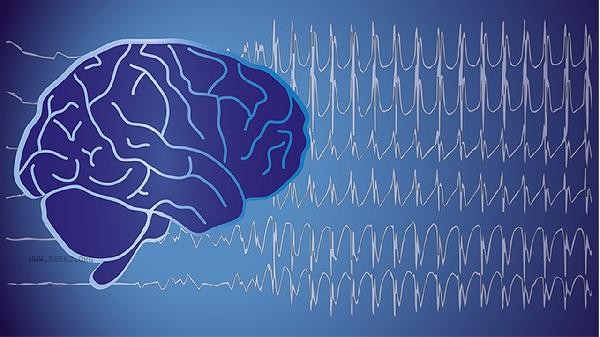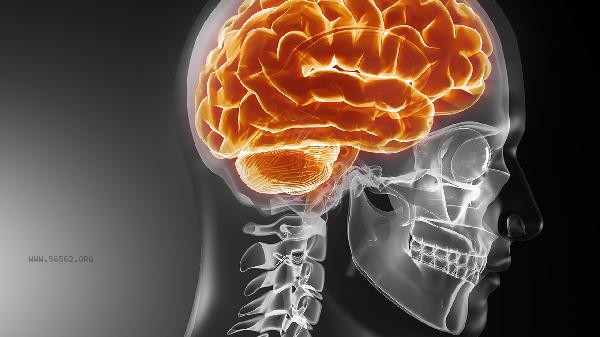The brief loss of consciousness in the brain is commonly referred to as syncope, which is a medical term. Syncope may be caused by vagus nerve reflex, orthostatic hypotension, arrhythmia, cerebral ischemia, hypoglycemia, and other reasons.

1. Vaginal nerve reflex
Vaginal nerve reflex is one of the most common causes of syncope, usually triggered by emotional stimuli or pain. When the vagus nerve is excessively excited, it can cause a decrease in heart rate and blood pressure, leading to insufficient blood supply to the brain. This condition is more common in young people, and may present with prodromal symptoms such as pale complexion and sweating before the onset. Maintaining emotional stability and avoiding prolonged standing can help prevent such fainting.
2. Positional hypotension
Positional hypotension refers to a significant decrease in blood pressure when standing suddenly from a lying or sitting position. This phenomenon is related to abnormal autonomic nervous system regulation function and is common in elderly people or those taking antihypertensive drugs. Symptoms such as dizziness and blurred vision may occur during an attack. Slowly changing positions and increasing water and salt intake can reduce the probability of attacks.
3. Arrhythmia
Severe arrhythmias such as ventricular tachycardia or heart block can lead to a sudden decrease in cardiac output. This type of fainting episode is sudden and dangerous, and may be accompanied by palpitations or chest pain. Electrocardiogram examination and dynamic electrocardiogram monitoring are important diagnostic methods. Individuals with underlying heart disease should undergo regular cardiac assessments.

4. Insufficient cerebral blood supply
Carotid or vertebral basilar artery stenosis may lead to transient ischemic attacks. This type of syncope is often accompanied by neurological symptoms such as speech disorders or limb weakness. Cerebrovascular examination can provide a clear diagnosis. Controlling risk factors such as hypertension and hyperlipidemia is crucial for preventing cerebrovascular syncope. 5. Hypoglycemia. A sharp decrease in blood sugar levels can affect the energy supply to the brain. Improper use of insulin or hypoglycemic drugs in patients with diabetes is a common inducement. During the attack, it is often accompanied by symptoms such as hunger and hand tremors. Regular monitoring of blood sugar and carrying sugary foods with you can effectively prevent hypoglycemic syncope. For those who repeatedly experience fainting, it is recommended to record the specific situation during the attack and seek medical examination in a timely manner. In daily life, it is important to maintain a regular schedule and avoid excessive fatigue and dehydration. Individuals at risk of cardiovascular disease should undergo regular physical examinations and adjust their treatment plans according to medical advice. Electrolytes should be replenished appropriately in high temperature environments, and movements should be slow when changing positions. If persistent headaches or consciousness disorders occur after a fainting episode, medical assistance should be sought immediately.








Comments (0)
Leave a Comment
No comments yet
Be the first to share your thoughts!